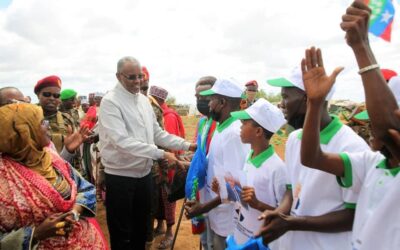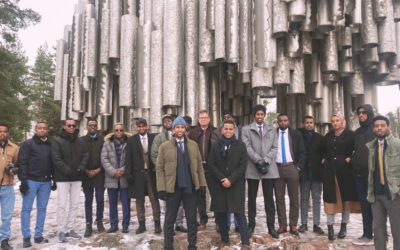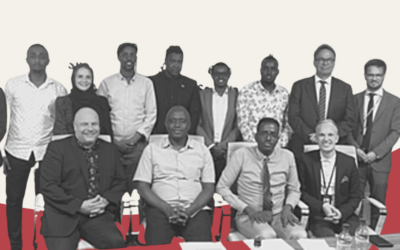Reconciliation in Somalia
Programming
Over the past twenty years, Somalia has experienced a raging civil war, a rise in violent extremism and multiple devastating famines – leading to a collapse of state institutions, structures and trust in government. The failure of the state has greatly damaged social cohesion and unity between the Somalis and Somalia has become one of the most underdeveloped and violent states in Africa. However, in the midst of conflicts, over the past ten years the country has managed to acquire some level of stability while redeveloping its institutions and economy.
The Network has a firm background in working for peace and reconciliation in Somalia with a focus on engagement of religious and traditional leaders. From 2008-2014, the Network and FCA contributed to solving 25 major conflicts in Somalia and facilitated 18 local peace processes.
Since 2017, the Network and FCA Somalia have been supporting the Somali government in the development and implementation of the National Reconciliation Framework (NRF) in collaboration with other partners such as UNSOM and UNDP. The Network continues to build the capacity of the Somali Government in implementing the framework 2020 onwards and support the inclusion and leadership of women in peace processes in Somalia.
The Network has also conducted pioneering research on reasons and motivations for individuals to join al-Shabaab and conditions for potential negotiations for peace between al-Shabaab and the Federal Government of Somalia. The Network seeks to support the prevention and transformation of violent extremism in Somalia through provision of evidence-based knowledge and advocacy towards key international, national and local stakeholders.
Countering COVID-19 in Somalia
Recent News
Press Release: District Council Formation Process of Burhakaba District, Somalia
MIDEEYE Project Convenes Senior Somali Government Officials in Helsinki
National Reconciliation and Inclusive Governance as Reinforcing and Interrelated Processes in Somalia
National Reconciliation and Inclusive Governance as Reinforcing and Interrelated Processes in...



